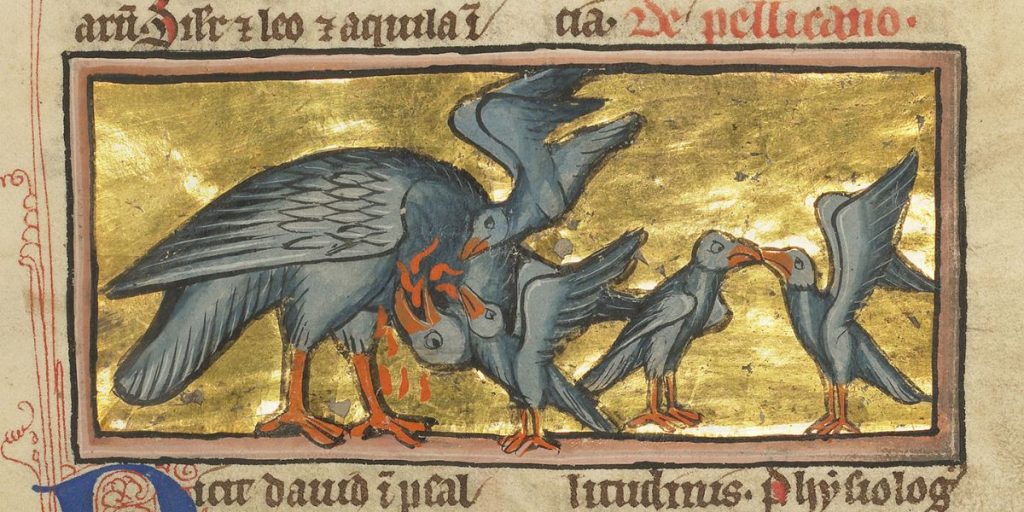Louisiana, a state steeped in history and cultural richness, has a fascinating origin behind its name and a unique nickname that reflects its distinct character.
The Name: A Tribute to King Louis XIV

Louisiana owes its name to King Louis XIV of France. In 1682, French explorer René-Robert Cavelier, Sieur de La Salle, claimed the vast territory, stretching from the Mississippi River to the Rocky Mountains, in honor of the French monarch. La Salle named the region “La Louisiane” as a symbol of loyalty to King Louis XIV. The name endured, leaving an indelible mark on the state’s identity.
The Nickname: The Pelican State
Louisiana proudly bears the nickname “The Pelican State,” and the symbolism behind it is both poignant and emblematic. The brown pelican, native to the state’s coastal areas, became a symbol of self-sacrifice and compassion during difficult times.

Legend has it that during the 19th century, the brown pelican was chosen as the state’s symbol for its nurturing nature. According to the myth, a mother pelican was believed to have pierced her breast to feed her starving chicks with her blood, embodying the spirit of sacrifice for the well-being of others. This powerful imagery resonated with Louisianans, and the pelican became a cherished symbol of resilience and community.
In 1966, the brown pelican was officially designated as the state bird, solidifying its significance in Louisiana’s cultural tapestry. The state flag proudly displays a mother pelican feeding her young, reinforcing the enduring spirit of unity and sacrifice.
Louisiana’s name and nickname encapsulate a rich history, blending French heritage with local symbolism. The legacy of King Louis XIV lives on in the state’s nomenclature, while “The Pelican State” symbolizes the resilience and communal spirit that define Louisiana’s unique identity.